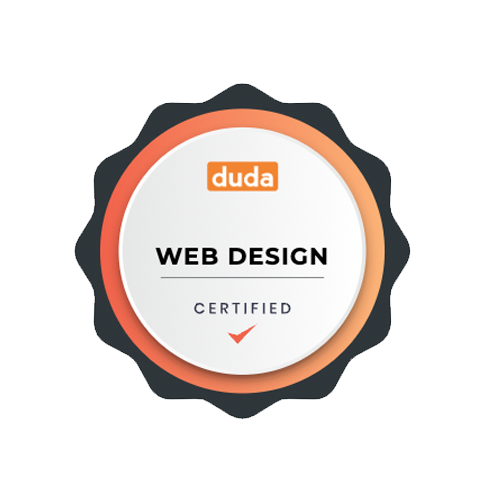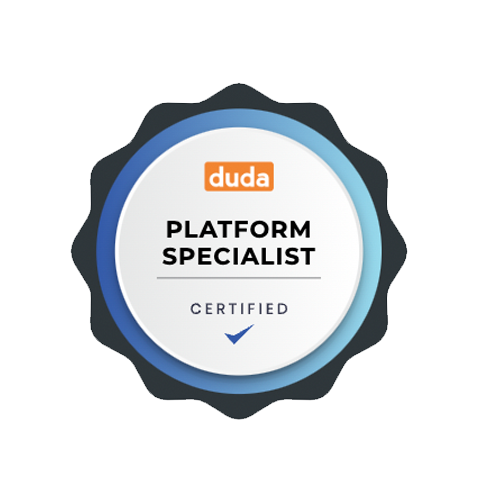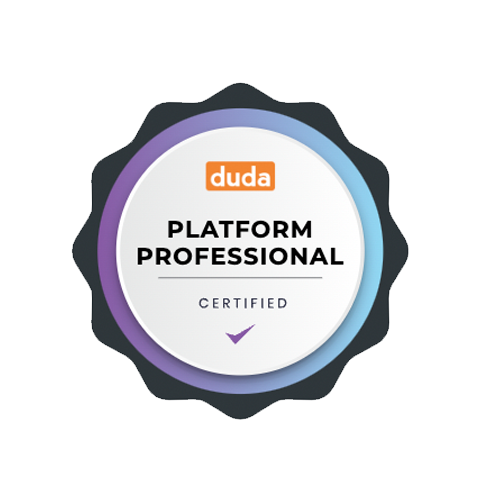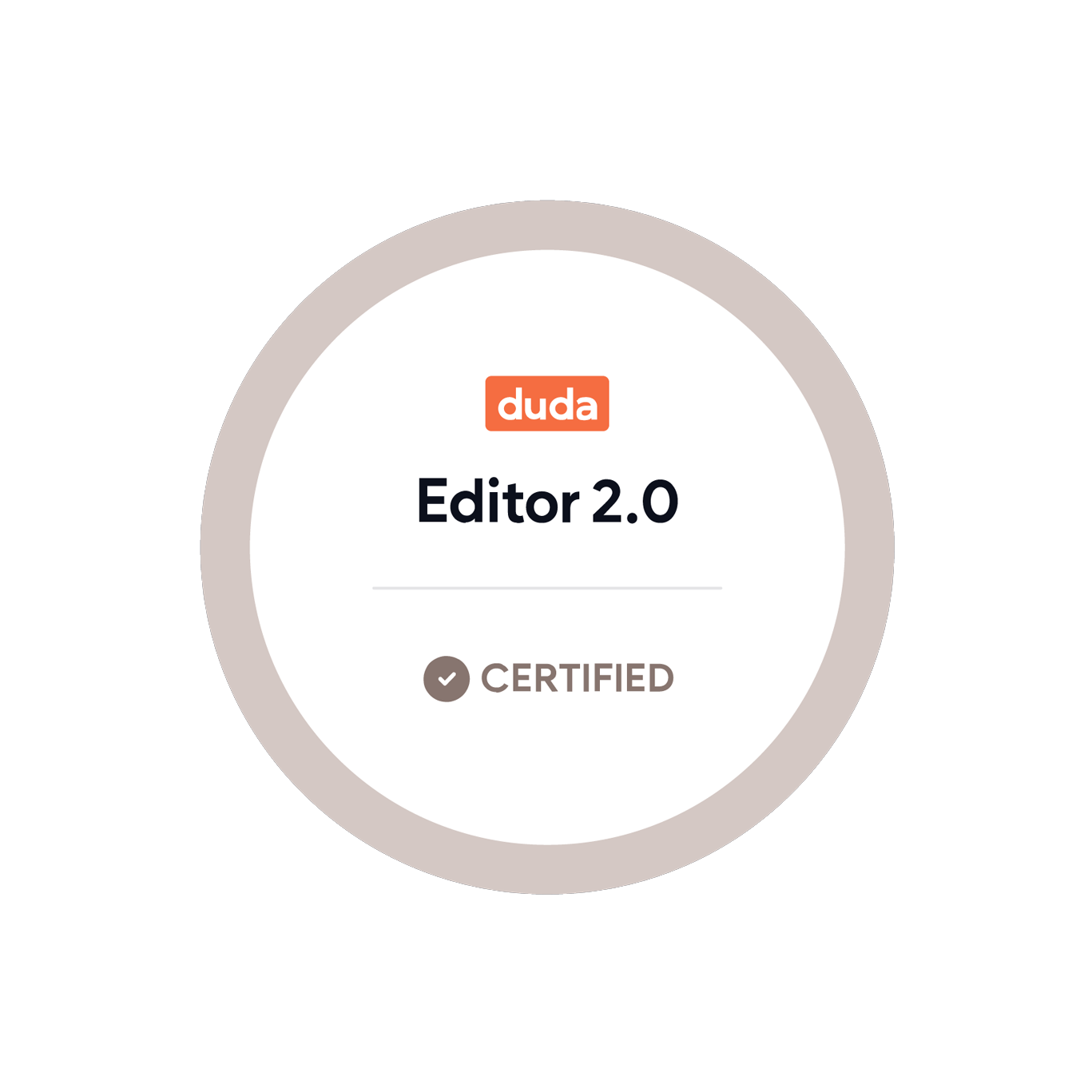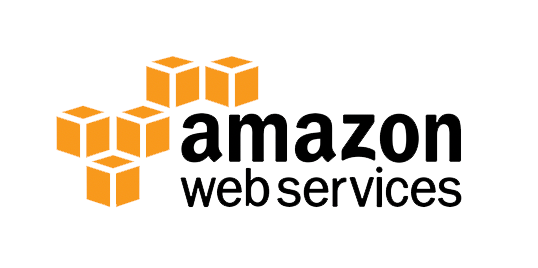Going Digital in Mornington: The SEO Guide Your Small Business Needs

Understanding SEO Basics
Before diving into specific SEO techniques, it's essential to grasp the fundamental concepts. SEO involves optimising your website's content and structure to improve its ranking in search engines like Google. This involves various factors, including:
- Keyword Research: Identifying relevant keywords and phrases that potential customers are likely to search for.
- On-Page Optimisation: Optimising your website's content, including titles, headings, meta descriptions, and images, with target keywords.
- Technical SEO: Ensuring your website is technically sound and easy for search engines to crawl and index.
- Link Building: Acquiring high-quality backlinks from other reputable websites to increase your website's authority.
Keyword Research: Finding the Right Words
Keyword research is the cornerstone of effective SEO. It involves identifying the terms and phrases that your target audience is using to search for products or services similar to yours. Tools like Google Keyword Planner, SEMrush, and Ahrefs can help you discover relevant keywords and analyse their search volume and competition.
When conducting keyword research, focus on long-tail keywords, which are more specific and often have lower competition. For example, instead of targeting the generic term "restaurant," consider using long-tail keywords like "best Italian restaurant in Mornington" or "family-friendly cafes in Mornington."
On-Page Optimisation: Making Your Website Search Engine Friendly
On-page optimisation involves optimising the content and structure of your website to improve its search engine visibility. Here are some key elements to consider:
- Title Tags: Create compelling and keyword-rich title tags for each page of your website. The title tag appears in search engine results and should accurately describe the content of the page.
- Meta Descriptions: Write concise and informative meta descriptions that entice users to click on your website's search results.
- Headings: Use headings (H1, H2, H3, etc.) to structure your content and make it easier for both users and search engines to understand.
- Image Optimisation: Optimise your images with descriptive file names and alt text to improve accessibility and search engine visibility.
- Content Quality: Create high-quality, informative, and engaging content that is relevant to your target audience.
- Internal Linking: Link to relevant pages within your website to improve navigation and help search engines understand the structure of your site.
Technical SEO: Ensuring Your Website is Crawlable
Technical SEO involves addressing technical issues that can hinder your website's search engine ranking. Some important aspects to consider include:
- Mobile-Friendliness: Ensure your website is optimised for mobile devices, as Google prioritises mobile-friendly websites in search results.
- Website Speed: Optimise your website's loading speed to improve user experience and search engine ranking.
- XML Sitemap: Create an XML sitemap to help search engines understand the structure and content of your website.
- URL Structure: Use clean and descriptive URLs that include relevant keywords.
- HTTPS: Implement HTTPS to secure your website and improve user trust.
Link Building: Building Authority and Trust
Link building involves acquiring high-quality backlinks from other reputable websites. Backlinks act as votes of confidence, signalling to search engines that your website is valuable and trustworthy. Here are some effective link-building strategies:
- Guest Posting: Write guest posts for other relevant websites in your industry to earn backlinks and exposure.
- Broken Link Building: Find broken links on other websites and offer to replace them with links to your relevant content.
- Directory Submissions: Submit your website to relevant online directories to earn backlinks.
- Social Media Marketing: Share your content on social media platforms to increase visibility and attract backlinks.
Local SEO: Targeting Customers in Mornington
If your business primarily serves customers in Mornington, local SEO is essential to attract local customers. Here are some strategies to optimise your website for local search:
- Google My Business: Create a Google My Business profile and provide accurate and up-to-date information about your business, including address, phone number, and website.
- Local Citations: Ensure your business is listed on popular local directories and citation websites.
- NAP Consistency: Maintain consistency in your Name, Address, and Phone number (NAP) information across all online listings.
- Geo-Targeting: Use geo-targeting to target your ads to customers in Mornington.
Measuring and Tracking Your SEO Progress
To track the effectiveness of your SEO efforts, it's important to use analytics tools to monitor your website's performance. Google Analytics is a powerful tool that can provide insights into website traffic, user behaviour, and conversions.
Key metrics to track include:
- Organic Traffic: The amount of traffic to your website from search engines.
- Keyword Rankings: The position of your website in search engine results for target keywords.
- Conversion Rates: The percentage of visitors who take a desired action, such as making a purchase or filling out a contact form.
SEO is an ongoing process that requires continuous effort and optimisation. By understanding and implementing the strategies outlined in this guide, you can improve your website's visibility, attract more customers, and drive business growth.
Octopus Digital can help you develop and execute a tailored SEO strategy to achieve your online marketing goals. Our team of experienced professionals can provide expert guidance, keyword research, on-page optimisation, technical SEO, and link building services.













